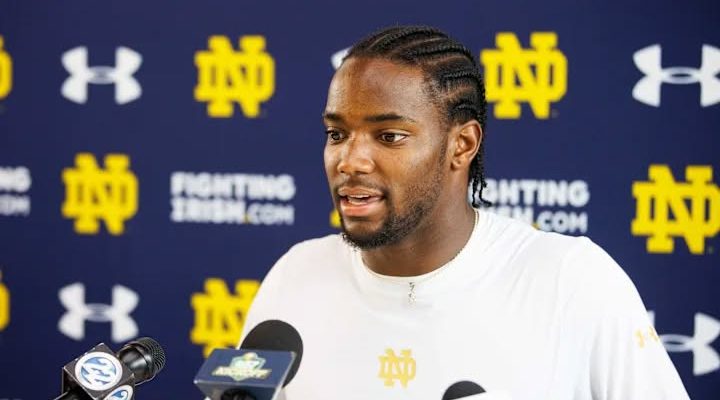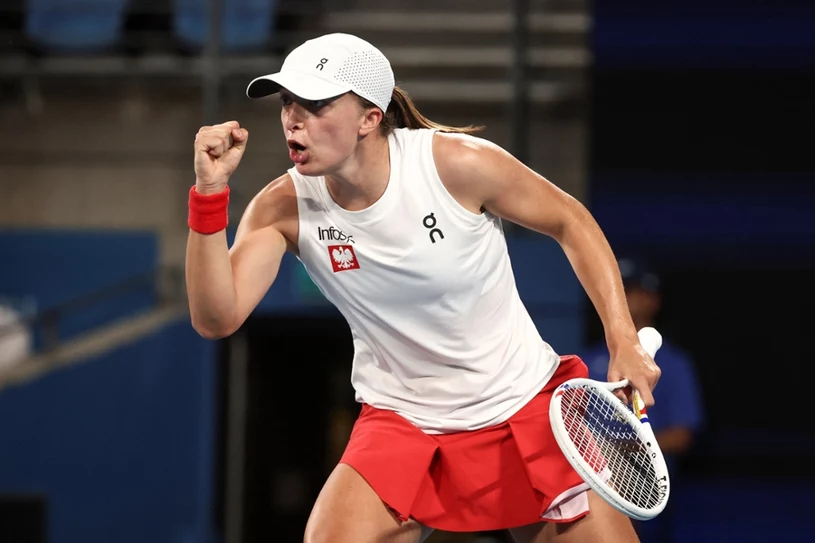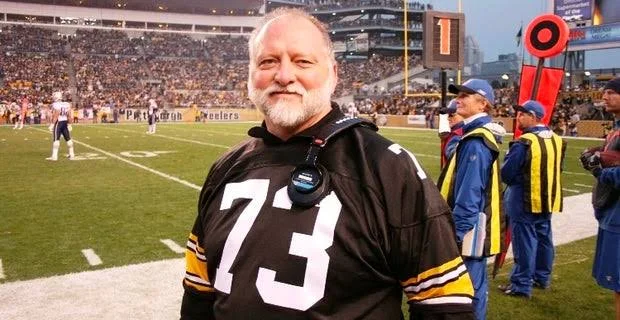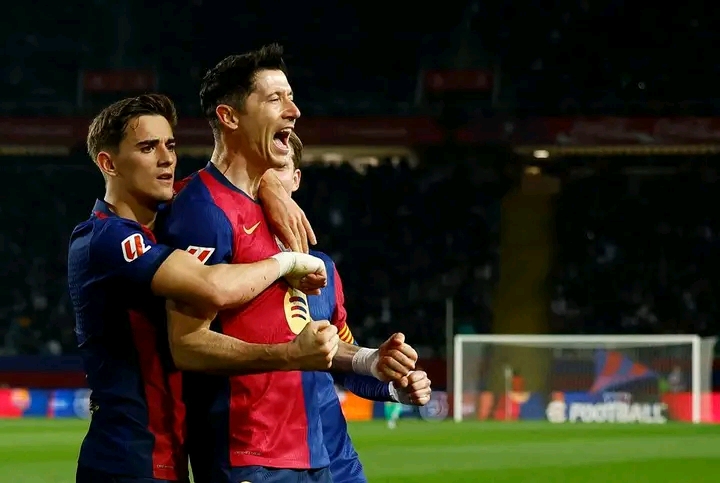Benjamin Morrison’s journey from South Bend to the NFL was never supposed to be easy. It never had to be, and he never wanted it that way. He understood from the very beginning that becoming one of the top cornerbacks in college football and eventually hearing his name called by an NFL team would require pain, patience, and persistence. What he didn’t expect—at least not so soon—was how much he would have to lean on his inner strength before his professional career even got off the ground. After a standout college career at Notre Dame and a thrilling selection by the Tampa Bay Buccaneers, Morrison found himself sidelined with injuries that threatened to disrupt his rookie season before it truly began. But now, with training camp well underway and his body finally cooperating again, Morrison isn’t just grateful to be on the field—he’s grateful to be whole again.
At Notre Dame, Benjamin Morrison was more than a lockdown corner—he was a symbol of consistency in an ever-evolving college football world. From his freshman year, he made headlines for his uncanny instincts, quick feet, and ball-hawking ability. Fans quickly came to expect the No. 20 jersey to be wherever the ball was, and quarterbacks quickly learned to look elsewhere. His ability to shadow top receivers and his nose for the football earned him All-American buzz and the respect of coaches across the country. But Morrison’s greatness wasn’t just built on talent—it was built on routine, on discipline, on showing up every single day and putting in the work. So when injuries began to chip away at his availability late in his final season with the Irish, it was more than just his body that took a hit. His rhythm was thrown off. His foundation began to shake.
By the time the NFL Draft rolled around, scouts were still drooling over the elite tape Morrison had put out over multiple seasons. But whispers about durability crept into the conversation. Would his frame hold up at the next level? Could he bounce back to full speed after nagging soft tissue issues and the shoulder strain that had sidelined him during critical weeks? For Morrison, those questions didn’t insult him—they motivated him. The Tampa Bay Buccaneers took the plunge, seeing not just the player Morrison was at full strength, but the leader, the technician, and the relentless competitor he’d proven himself to be. When he got the call on draft night, Morrison’s smile stretched across the room. It wasn’t just about becoming a pro. It was about validation that all the hours of rehab, film study, and lonely days on the sidelines had been worth it.
Still, the start of Morrison’s professional journey was anything but smooth. Hampered by the lingering effects of his college injuries, he found himself watching as OTAs and early team workouts came and went without him fully participating. For someone who’d prided himself on never missing a rep, it was humbling. He found himself in the unfamiliar position of having to observe more than perform. The transition from college to pro is hard enough when you’re healthy. Doing it while stuck in recovery mode tested Morrison’s mental toughness in new ways. He relied heavily on the veterans in the Buccaneers’ secondary room, players who’d been through their own injury battles and could speak honestly about the patience required. Carlton Davis and Antoine Winfield Jr. became more than teammates—they became sounding boards and mentors. Every conversation was a reminder: don’t rush it. Trust the process. Your moment will come.
That moment began to arrive quietly during the team’s mid-summer minicamp. After a series of cautious ramp-ups, Morrison finally began to move without pain. The explosiveness returned. The quick change of direction that had defined his college film began to show up again in drills. And just like that, he started turning heads—not as a rookie in recovery, but as a legitimate contender for playing time in the Buccaneers’ secondary. Coaches raved about his football IQ, how quickly he’d absorbed the playbook even while sidelined, and how seamless his transition to Todd Bowles’ complex defensive schemes had been. For Morrison, the praise was gratifying—but he remained grounded. He knew how quickly the game could be taken away.
Now fully cleared, Morrison has stepped into training camp with a new perspective and a deeper appreciation for the simple act of competing. For the first time in months, he’s not measuring his success in range-of-motion scores or MRI results. He’s back to breaking on passes, sticking to receivers, and bringing the intensity that defined his game in South Bend. When asked about the experience, Morrison doesn’t dwell on what was lost—he talks about what was gained. The injuries, the uncertainty, and the mental grind taught him lessons that talent alone could never provide. He learned to listen to his body, to find balance, to lead from the sideline, and to value every single rep like it might be his last.
What sets Morrison apart isn’t just his skill—it’s his resilience. It’s the way he approaches the grind with gratitude now. It’s the way he talks about pain not as a setback but as a teacher. For a rookie in one of the NFL’s most unforgiving divisions, those lessons might make all the difference. The NFC South is filled with dynamic receivers and complicated schemes, and Morrison knows he’ll have to earn every snap he gets. But he’s not shying away from the challenge. If anything, the adversity has only sharpened his focus. He studies film with a fury, looking for tendencies in opposing wideouts. He stays after practice to work on footwork drills. He’s already earned a reputation in the locker room as someone who prepares like a veteran, not a rookie. And it’s that approach, that dedication to the craft, that could propel him into a significant role sooner than later.
Away from the field, Morrison’s return to health has also rekindled his connection to the community. One of the most respected voices in the Notre Dame locker room, he’s already spoken with young players back in South Bend, encouraging them to embrace the full spectrum of the athlete experience—including the hard parts. He’s become an advocate for injury awareness, mental health, and self-care among athletes. In an era where so much focus is placed on highlight reels and viral clips, Morrison is reminding people that the unseen battles are often the most defining. He’s not trying to become a brand or a personality—he’s just trying to be authentic. And in doing so, he’s quickly becoming someone that both coaches and teammates trust.
The Buccaneers knew they were getting a high-character player when they drafted Morrison. What they’re discovering now is that he might also be a cornerstone. Someone who leads not with flash, but with steadiness. Someone who knows how fragile this game is, and treats it with the respect it deserves. As the season inches closer, the buzz around Morrison continues to grow—not just because he’s healthy, but because he’s hungry. There’s a fire behind his calm demeanor, a drive that refuses to be dimmed by setbacks.
In a league that demands physical perfection but is defined by emotional perseverance, Morrison fits the mold of a future star. His story is still being written, but the early chapters are already filled with the kind of grit and grace that coaches dream about. For Buccaneers fans, he represents the promise of a defense in transition. For Notre Dame fans, he’s another reminder of what it means to play for the Golden Dome—tough, smart, and always ready to rise again. And for Morrison himself, this moment is everything he dreamed of. Not because it’s perfect, but because it’s real. Because he earned it. Because, finally, he’s healthy—and more importantly, whole.
As the sun beats down on Tampa during another grueling day of training camp, Benjamin Morrison lines up across from a veteran wideout and waits for the snap. There are no cameras in his face, no guarantees about where he’ll be on the depth chart come September. There’s just the ball, the man in front of him, and the knowledge that everything he’s overcome has led him to this moment. It’s not about making up for lost time—it’s about making every second count. And if the past year has proven anything, it’s that Benjamin Morrison knows exactly how to do that.




